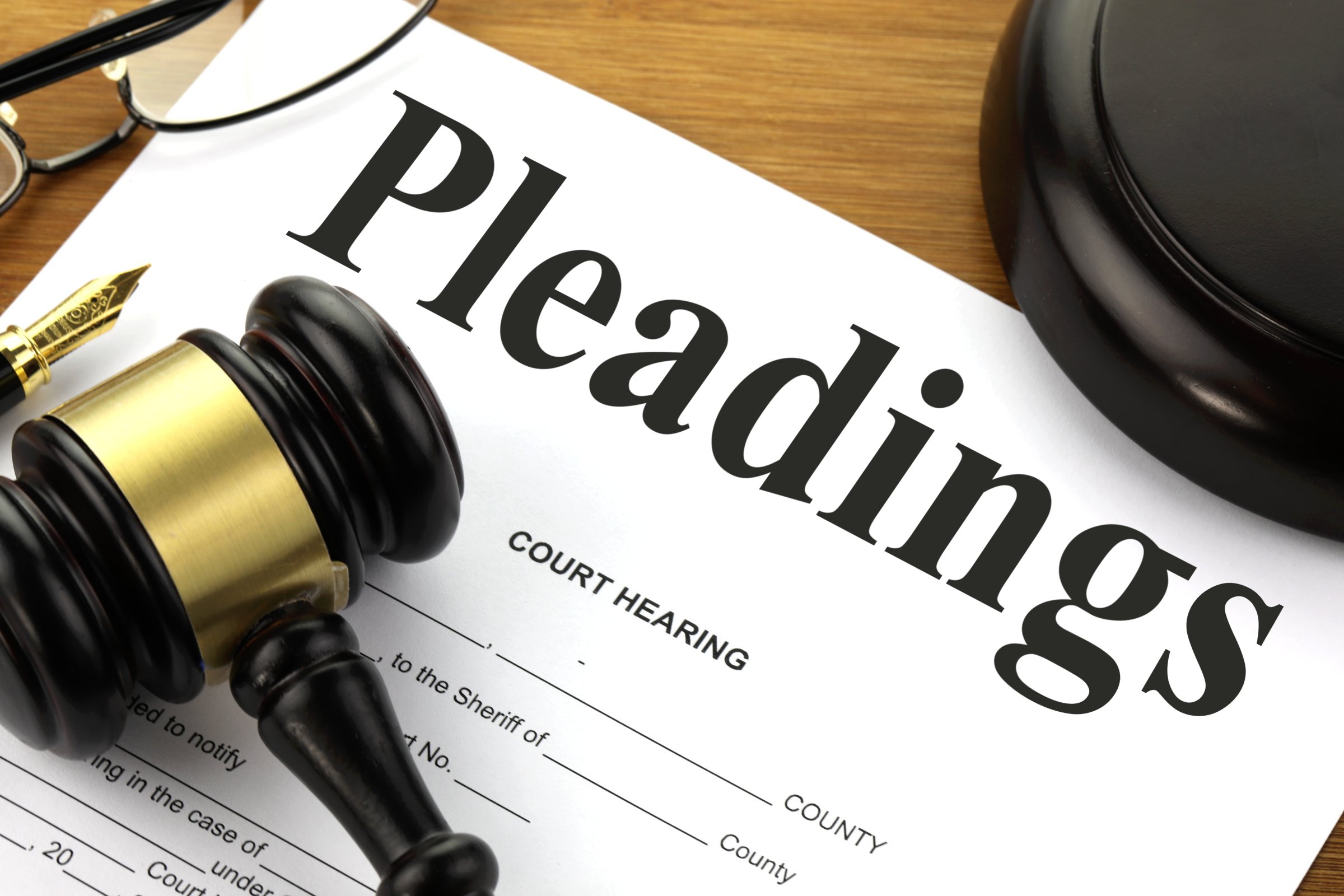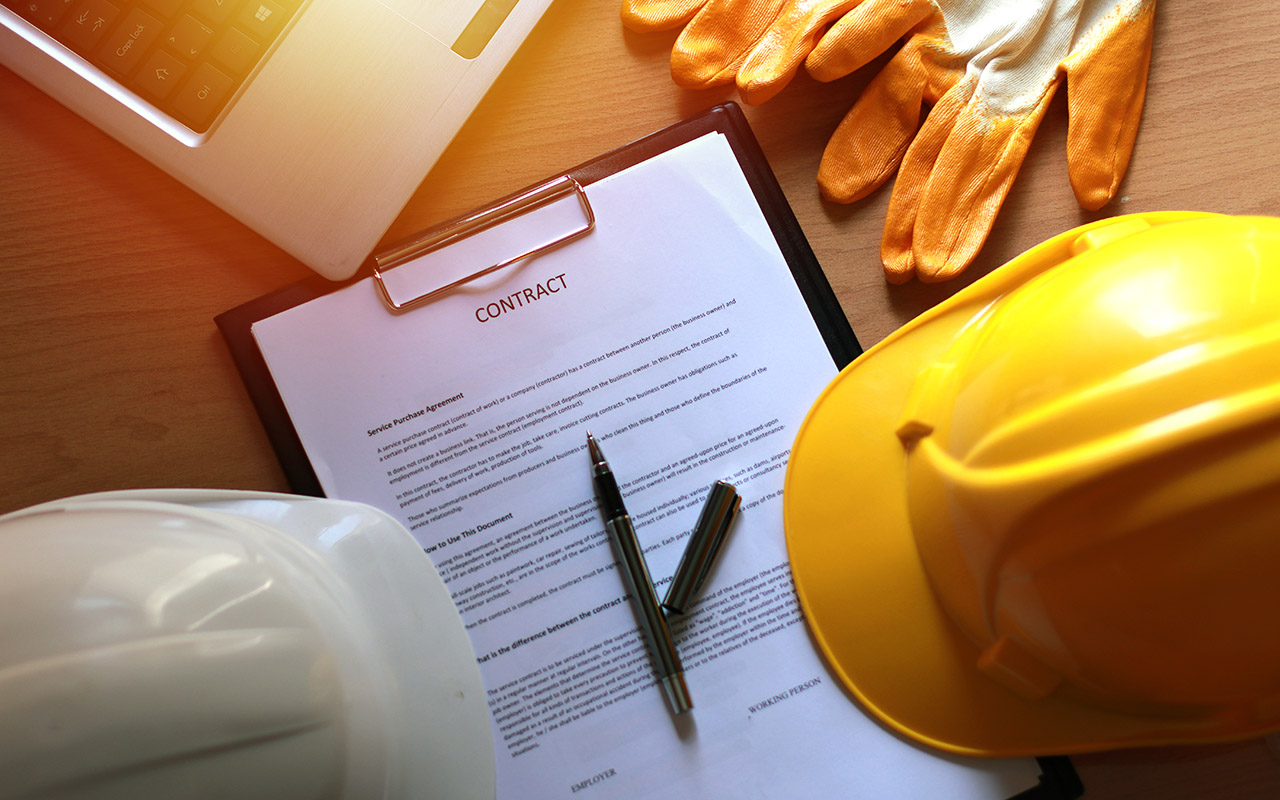Disputes arising between contracting partners? Trapped in a lawsuit due to construction project delays? Don’t worry, you are not the only one out there,
Lawsuits are becoming more and more common in the construction industry. And, if you are much too curious about this construction litigation process, here is a simple outline of the common steps involved in a construction litigation case.
Phase 1: Case Investigations

In a criminal case, it is important to have sufficient evidence to identify the suspect and ensure they are guilty beyond reasonable grounds. The same goes for construction-related cases, where you need to have enough evidence to build the case and go forward with it.
If you want a strong case, you need to connect the dots and that’s where your construction litigation attorney comes in. The first stage of the lawsuit consists of collecting evidence. However, if you miss the step or it is carried out poorly, you would be pouring thousands and thousands of dollars down the drain on court and attorney fees.
But, why fear when Kane Construction Management Inc is here?
With more than two decades of experience, the team of experts at Kane Construction Management Inc will provide the necessary expertise, technical and legal knowledge for the success of your lawsuit. Their concern over client satisfaction and professionalism will ensure that you have an airtight lawsuit. Witnesses will be located, witness testimony will be taken, documents will be collected and analytical thinking tools will be contemplated.
Phase 2: Pleadings

Your lawsuit can only start when you file a complaint. This first step is known as the pleading stage of the suit. Pleadings that refer to formal documents filed to state the parties’ positions within the lawsuit come in different forms.
In this case, your construction litigation attorney may draft a summons and complaint, highlighting the factual and legal basis of the suit, which will be sent to the defendant. Now, if you are on the other side of the coin and you are served the summons and complaint, immediately find a reputable construction attorney who will investigate the matter and formulate a proper response.
Phase 3: Discovery

Once your lawsuit gets underway, you and the opposite party need to start gathering information related to the case. And, this investigative phase is named “discovery” because previously unknown documents or facts can come to light.
Most of the time, this formal process takes place outside the courtroom, where you can exchange written information and sit through face-to-face questioning sessions. Contracts, paperwork, videotapes and blueprints can also be exchanged during this phase. And, such evidence is usually gathered through requests for production, requests for admission, depositions and interrogatories made by your construction litigation attorney. In case the other party refuses to hand over some critical information, your attorney may ask the judge for a motion to compel or to resolve the issue.
What happens if, during or after the discovery process, your attorney concludes that the case is one-sided and it’s pointless to proceed to trial? You may ask the judge for a summary judgment motion, where the judge will make the final decision.
Phase 4: Pre-Trial

If you didn’t move to the summary judgment point, it means your lawsuit will enter the pre-trial phase. As a continuation to the investigation process, your attorney will shoulder the responsibility of preparing for the trial by providing consultation, engaging expert witnesses, attending pre-trial conferences and, of course, developing a trial strategy.
Phase 5: Trial

Here’s an overview of the structure:
- Both construction litigation attorneys will start by giving their opening statements, outlining the strengths and weaknesses of the case.
- As the trial proceeds, your attorney will present evidence to prove the charges set out in the indictment. It will include presenting testimonies and calling witnesses.
- Next, the other party will play its role, calling its own witnesses and presenting evidence.
- Both attorneys will be entitled to challenge the evidence called each other and trust me, they will indeed poke holes in each other’s arguments.
- At the end, both lawyers will give their closing statements.
Phase 6: Settlement/ Verdict

It is possible to reach a settlement anytime during the lawsuit. It can be agreeing to an amount or an action to make up for the offense committed. But, if your case fails to reach a settlement, the end results depend on the verdict given by the judge.
Phase 7: Appeal

Not satisfied at all with the outcome of the case? Your attorney can always recommend an appeal.
For any more information regarding construction law, contact Kane Construction Management Inc.

